Experiencing Irregular Heartbeat? Here’s What You Can Do.
Irregular heartbeats are also known as arrhythmia. When the heart beats too slow, fast, or with an irregular rhythm, it can be termed as an Irregular Heartbeat. A normal heartbeat is usually between 60 and 100 bpm according to AHA (American Heart Association). When the heartbeat is too fast (>100 beats per minute), this is called tachycardia. On the other hand, when the heartbeat is too slow (<60 beats per minute), it is called bradycardia.
What happens when the heart beats irregularly? Blood is pumped from the upper area of the heart to the lower area via an electrical signal. When there is a pinch or blockage or delay in this process, the heart beats irregularly.
Common symptoms of an irregular heartbeat are:
- Light-headedness
- Shortness of breath
- Rapid pounding
- Chest pain
- Sweating
- Fatigue
- Dizziness
- Fainting or nearly fainting
- Anxiety
- Collapse and cardiac arrest (in extreme cases)
- Brain fog
- Blurred vision
According to research and scientific studies:
- It is estimated that around 12.1 million people in the United States will have Atrial fibrillation (AFib), the most common type of treated heart arrhythmia, by 2030.
- In 2019, AFib was mentioned on 183,321 death certificates and was the underlying cause of death in 26,535 of those deaths.
- People of European descent are more likely to have AFib than African Americans.
- Because the number of AFib cases increases with age and women generally live longer than men, more women than men experience AFib.
Risk Factors for Irregular Heart Beat:
- Smoking
- Alcohol Consumption
- Drug Abuse
- Stress
- Age (50 years and above)
- Hypertension
- Heart attack
- Heart failure
- Infections
- Overactive or Underactive Thyroid Gland
- Congenital heart defect
- Diabetes [which increases the risk of Hypertension and CHD (coronary heart disease)]
- Sleep apnea
- Blocked arteries
- Certain medication (stimulants and antihistamines)
- Electrolyte imbalance
Complications:
- Cognitive impairment
- Stroke
- Blood clots
- Heart failure
- Cardiac arrest
Ways to Manage Tachycardia Using Lifestyle:
- Reset the Vagus Way
The vagus nerve is the longest cranial nerve, extending from the brainstem to the abdomen, and is involved in involuntary functions. Adding vagal maneuvers helps improve tachycardia. These include:
- Coughing: A couple of coughs – forceful and sustained.
- Bear down: Pull the stomach muscles in as you exhale but do not let the air release through the nose or mouth. This action is similar to having a bowel movement.
- Blowing a straw: Blowing into a straw while lying down on your back, for 15 seconds. This helps to reduce the fastened heartbeat.
- Cold Treatment: Immerse your face in cold water or place a cold pack on your face or place a towel dipped in cold water over your face for 15 seconds. You can also take a cold shower or step into an ice bath.
- Gag: Gag using a finger.
- Carotid Massage: The carotid arteries are a pair of blood vessels located on both sides of your neck that deliver blood to your brain and head. Gently massage the area around the jaw and neck area. Ensure you don’t apply too much pressure.
- Add Anti-Inflammatory foods:
Most individuals with arrhythmia also tend to have an underlying cardiac issue. Hence, adding anti-inflammatory foods is a must as they are rich in phytochemicals and also contain an array of antioxidants. Include the following to your day:
- All kinds of vegetables
- Colourful fruits
- Herbs and spices (Srilankan rolled cinnamon powder, garlic, ginger, star anise, turmeric with black pepper, and so on)
- Legumes and beans
- Healthy fats rich in omega 3 (flax seeds, walnuts, chia seeds, fatty fish, and so on)
- In case you consume dairy or dairy products, ensure it is A2 and ethically sourced.
- Engage in Physical Activity
There is enough evidence to prove that physical activity helps regulate blood pressure, improve lipid profile, and enhance the feel-good factor. In other words, overall mortality! A simple 45-minute walk, five times a week shows positive results with an irregular heartbeat.
- Quit Smoking
This is a no-brainer! Cigarette smoking contains metabolites like carbon monoxide and free radicals which can cause arrhythmia. It also damages blood vessels and hence the blood flow can be affected, further leading to arrhythmia. Furthermore, nicotine increases heart rate, blood pressure, and contraction of heart muscles (Myocardial contractility). All of this can lead to arrhythmia.
- Maintain a Healthy Weight
With every extra ounce of body weight, there is massive pressure that the heart experiences. When one is overweight, the pressure inside the heart chambers increases causing irregular heartbeat and also relaxation is affected. Healthy fat loss in obese or overweight individuals improves arrhythmia and reduces recurrence if the healthy weight is attained.
- Alleviate Negative Emotions
Negative emotions like jealousy, anger, hatred, envy, are present in everyone, but staying stuck to them and allowing these emotions to consume us can cause anxiety. This has a huge impact on heart functioning.
- Manage Stress
Stress is the most important risk factor for irregular Heartbeat. Managing stress is imperative to not only manage arrhythmia but also overall health. Some ways to destress are engaging in hobbies, counting the numbers backward (like – 100, 99, 98, and so on), listening to soothing music, using the power of visualization, taking a warm bath, and so on.
- Monitor Caffeine Intake
Caffeine is a stimulant and can alert the central nervous system. Too much caffeine can cause tachycardia. Opt for substitutes that have less caffeine content like cacao, matcha tea, green tea or go absolutely caffeine-free, like a spice or herbal tea.
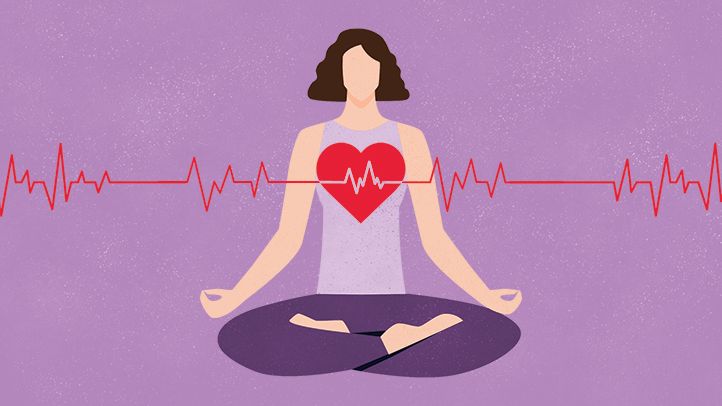 A combination of breathing techniques, asanas, and meditation can benefit your heart in multiple ways. Image courtesy: Unsplash
A combination of breathing techniques, asanas, and meditation can benefit your heart in multiple ways. Image courtesy: Unsplash
- Engage in Yoga
Yoga has a calming effect that helps to prevent slowing or speeding of the heartbeat. It also positively influences blood pressure, heart rate, anxiety, depression, and overall quality of life. Yoga pranayamas to add:
Ways to Manage Bradycardia Using Lifestyle
- Engaging in outdoor hobbies such as gardening.
- Skipping ropes.
- Interval walking.
- Relieving anxiety
- Reducing stress.
- Adding Bio CoQ1010-rich foods like sesame, cabbage, cauliflower, strawberry, broccoli, and oranges. The ubiquinol content helps to improve bradycardia.
- Adding foods rich in L-Carnitine like A2 milk, wild-caught cod, etc.
- Improving your sleep cycle.
Keynotes:
When the heart beats abnormally, the blood flow and nutrient transport to different organs of the body including the brain are highly affected. Just by improving simple habits, one can help manage and even reverse arrhythmia. These include stress management, quitting smoking, improving sleep, and restricting caffeine intake. Embracing these heart-healthy lifestyle changes can keep you from recurrent arrhythmia or prevent it from getting worse.
Bibliography:
https://www.cdc.gov/heartdisease/atrial_fibrillation.htm
https://pubmed.ncbi.nlm.nih.gov/21878050/
https://acls.com/free-resources/tachycardia/vagal-maneuvers
https://pubmed.ncbi.nlm.nih.gov/23259479/
https://pubmed.ncbi.nlm.nih.gov/22779085/
https://pubmed.ncbi.nlm.nih.gov/26371114/
https://pubmed.ncbi.nlm.nih.gov/17635893/
|
From a pimple to cancer, our You Care Wellness Program helps you find a way Talk to our integrative team of experts today 18001020253 |

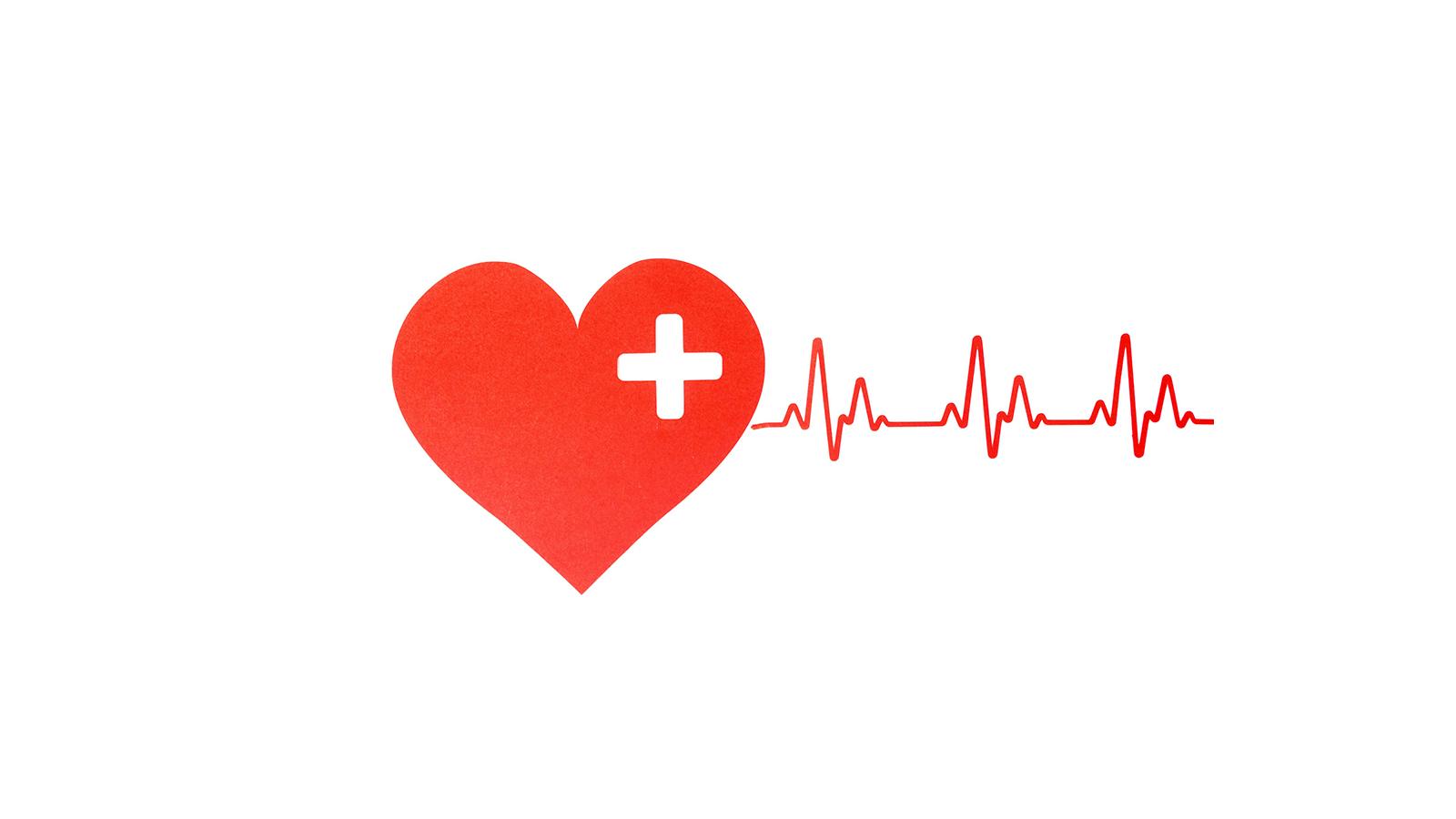

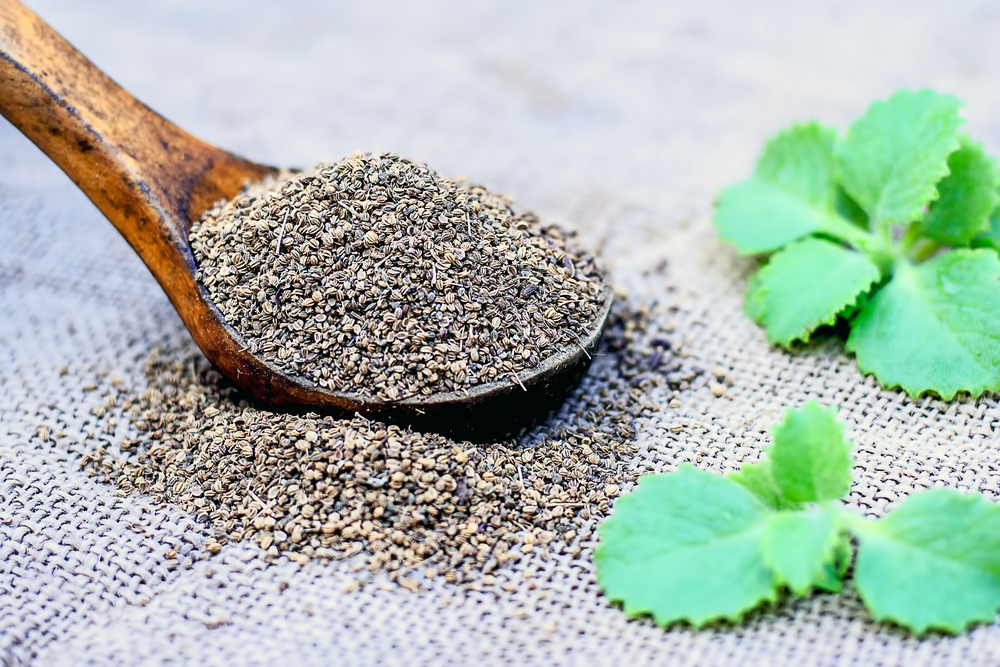
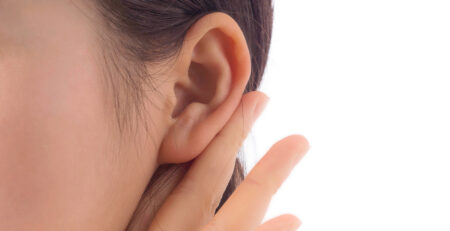
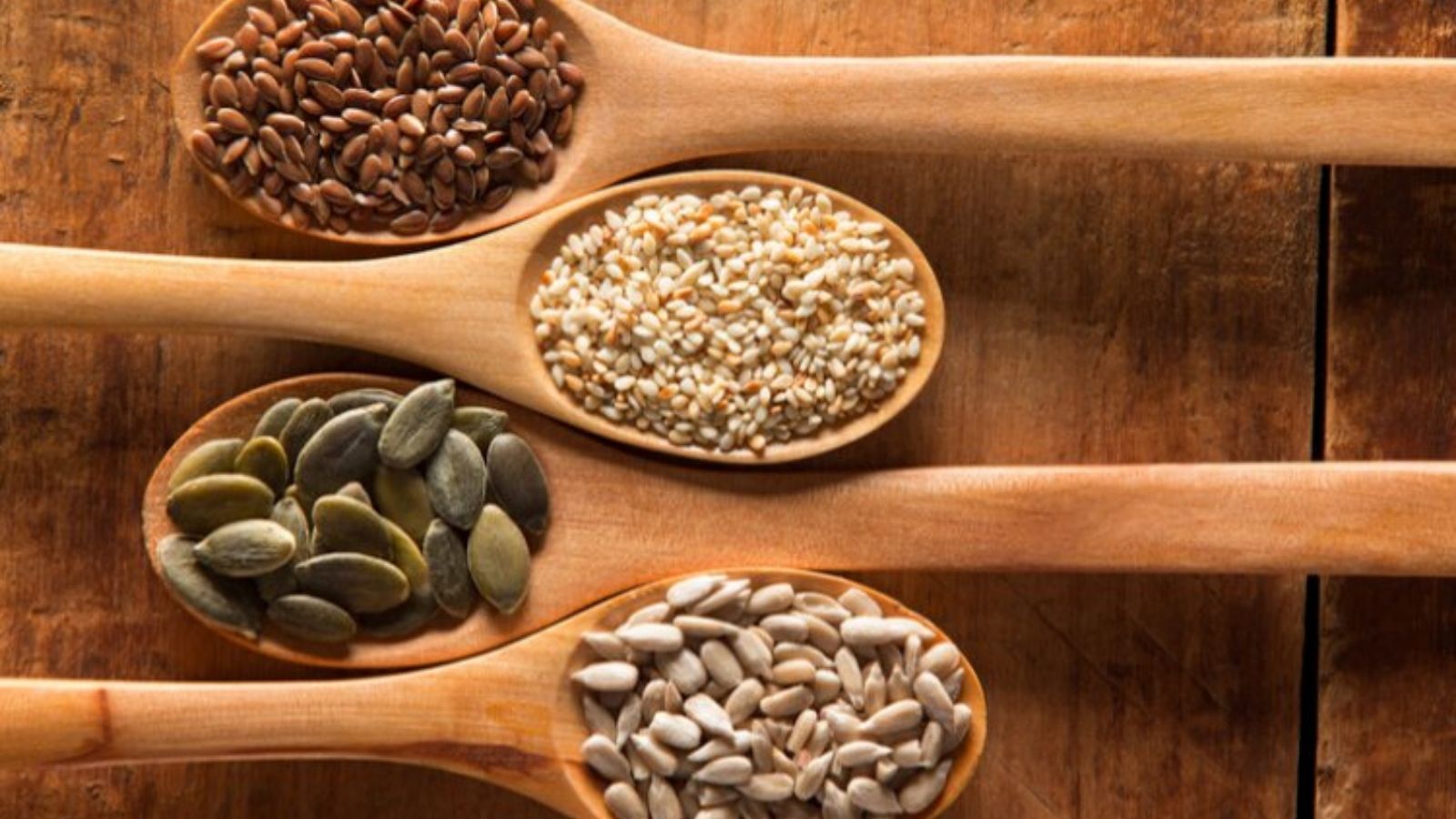





Leave a Reply